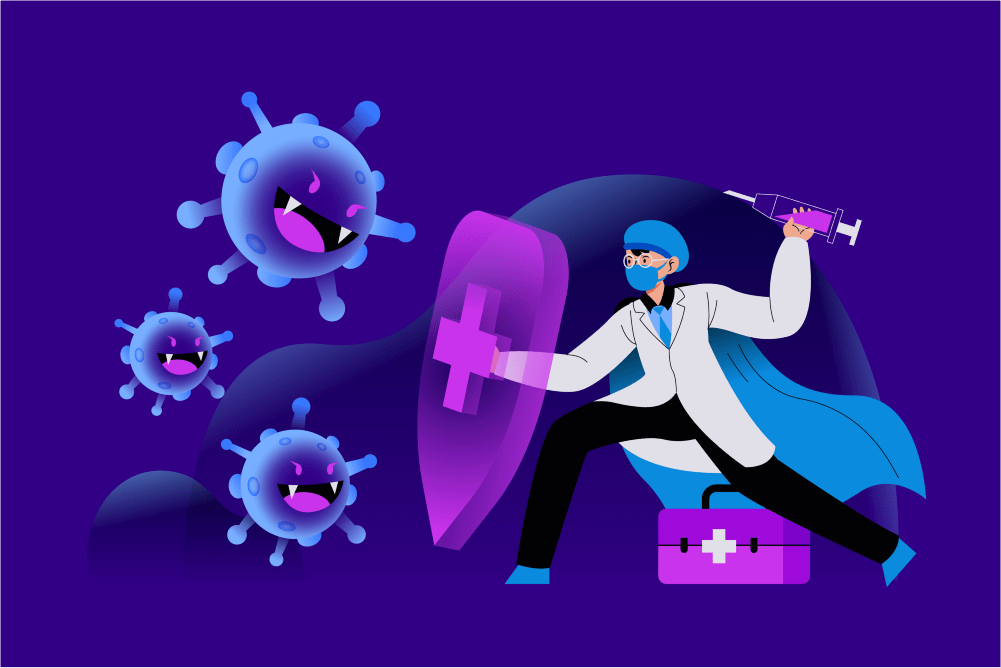Gene editing, a pivotal area of biotechnology, has undergone revolutionary changes in recent years. These advances promise to transform medical science in ways previously unimaginable. Here, we explore 11 key examples and arguments that highlight the potential of these advancements.
Precision Medicine:
Gene editing techniques like CRISPR-Cas9 have opened doors to precision medicine, allowing treatments to be tailored to individual genetic profiles. This means that diseases can be treated more effectively by targeting specific genetic markers.
Curing Genetic Disorders:
Many genetic disorders, previously deemed incurable, can now potentially be corrected at the DNA level. This includes conditions like cystic fibrosis, sickle cell anemia, and Duchenne muscular dystrophy.
Cancer Treatment:
Gene editing offers new approaches to cancer treatment. By altering the genetic makeup of cancer cells or modifying immune cells to recognize better and attack cancer, these techniques can provide more effective and less invasive treatment options.
Project Management in Gene Therapy Development:
The complexity of gene therapy projects requires robust project management and team management software. Coordinating interdisciplinary teams, managing regulatory approvals, and ensuring ethical compliance are crucial for developing and deploying gene therapies.
Agricultural Benefits:
Beyond human health, gene editing can revolutionize agriculture, creating disease-resistant crops, enhancing nutritional content, and reducing the environmental footprint of farming.
Combatting Infectious Diseases:
Gene editing can play a role in tackling infectious diseases, including developing new vaccines and perhaps even directly disabling viruses at the genetic level.
Ethical Implications:
The power of gene editing raises significant ethical questions, especially regarding germline editing, which affects future generations. The medical community must address these concerns transparently.
Reducing Healthcare Costs:
In the long term, effective gene therapies could reduce overall healthcare costs by curing diseases rather than managing symptoms over a lifetime.
Enhancing Drug Development:
Gene editing can accelerate drug development by creating more accurate disease models and identifying new drug targets.
Tackling Antibiotic Resistance:
By understanding and altering the genetic mechanisms behind antibiotic resistance, gene editing could be a critical tool in this global health challenge.
Personalized Gene Therapy:
The future could see gene therapies designed not just for a condition, but for an individual’s unique genetic makeup, offering unprecedented personalization in treatment.
Key Insights and Considerations:
- Ethical Governance: Ensuring ethical oversight in gene editing research.
- Public Engagement: Engaging with the public to build trust and understanding.
- Regulatory Frameworks: Developing robust regulatory frameworks to ensure safety.
- Global Collaboration: Encouraging international cooperation in research.
- Data Security: Protecting genetic data from misuse.
- Accessibility: Making gene therapies accessible and affordable.
- Continued Research: Supporting ongoing research for refinement and discovery.
- Risk Assessment: Thoroughly assessing risks and potential side effects.
- Training and Education: Training the next generation of scientists and clinicians in these advanced techniques.
- Patient Autonomy: Respecting patient autonomy in decisions related to gene editing.
- Long-Term Monitoring: Establishing long-term follow-ups for gene therapy patients.
In conclusion, the advancements in gene editing techniques hold transformative potential for medical science. While the possibilities are vast, it is imperative to approach this frontier with careful consideration of ethical, regulatory, and social implications. The future of medicine could be profoundly shaped by these developments, promising treatments, and cures that were once thought to be in the realm of science fiction.



